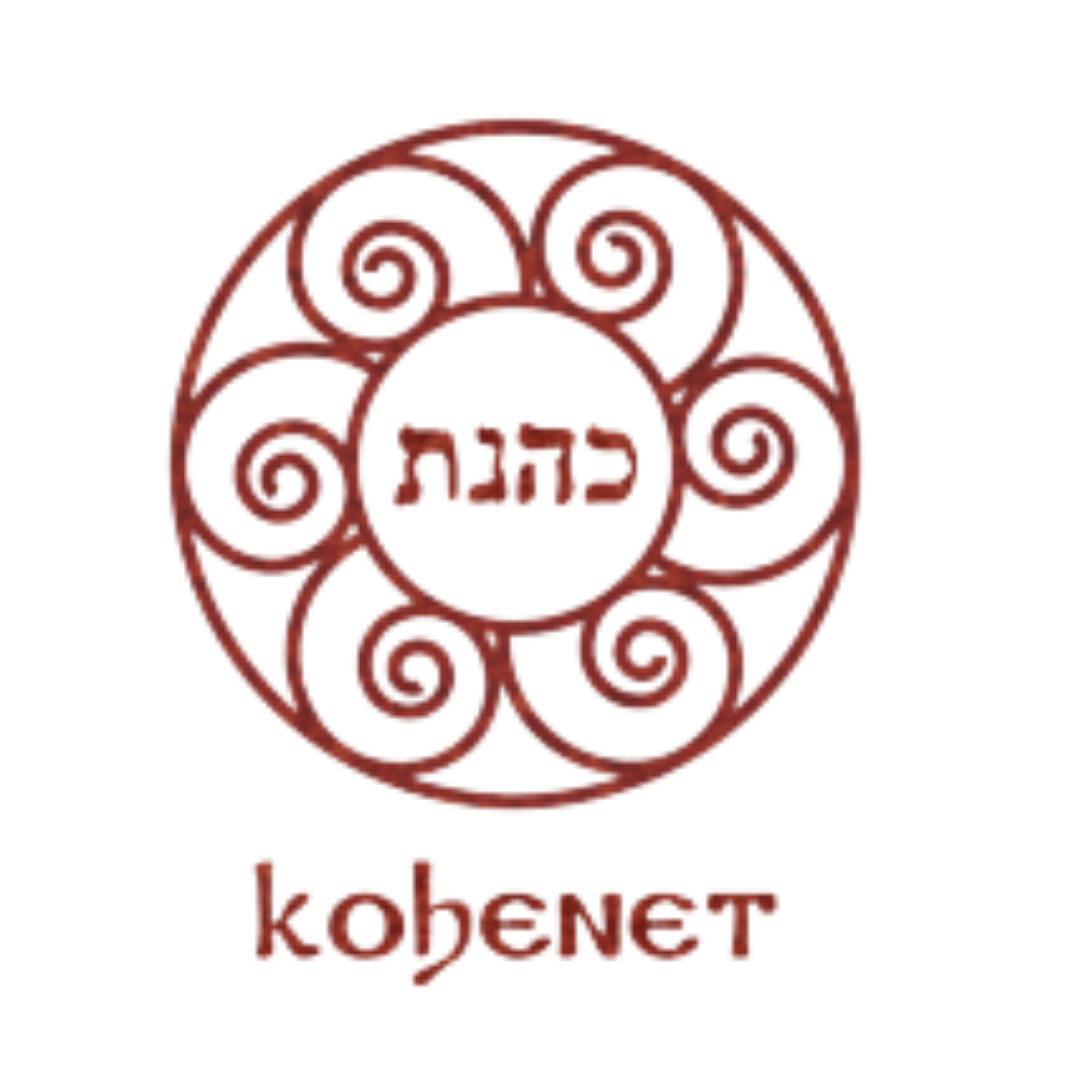We Need You, Priestessing: Rabbi Jill Hammer and Taya Shere’s The Hebrew Priestess
A few years ago, I attended a contemplative Rosh Hashanah service. Overall it was beautiful: lots of chanting and meditation, none of the rote prayers I’d encountered at other temples. I was several years into my long hiatus from Witchcraft–a hiatus I thought was permanent–and I began to wonder if I’d perhaps finally found a spiritual community I’d feel comfortable in. But my hopes were dashed when it came time for the Torah service.
When the Torah scroll was taken from the ark, the congregation didn’t just kiss it as others do. They put on music and danced with it. The facilitator handed it off to one congregant at a time, and everyone had a chance to cradle it in their arms and twirl. I looked on, suddenly uncomfortable. Every Jew knows the famous Hillel quote: “That which is despicable to you, do not do to your fellows; that is the whole Torah, the rest is commentary.” And yet every time I opened to a random page of my little copy of the Tanakh, I encountered violence, misogyny, and divinely sanctioned aggression. Of course it’s accepted that we don’t read the Torah literally, but even the most radical interpretations left me wondering how much one can reinterpret a text before admitting that that text simply isn’t useful. To dance with the Torah scroll seemed to be an unmitigated expression of joy at its contents–and I didn’t feel that joy. The Torah contains a lot of wisdom and beauty, yes. But so much of it fills me with anger and sadness. So much of Judaism makes me feel like an outsider.
Book Review of The Hebrew Priestess by Judith Laura
The authors’ introductions to The Hebrew Priestess are just the beginning of the treasures in this book. Both introductions tell of the authors’ journeys to the priestess path and their co-founding of the Kohenet Hebrew Priestess Institute, which now has chapters on both the East and West Coasts of the United States.
Article in Feminism & Religion: "Embracing the Hebrew Priestess" by Jill Hammer
Even after I was ordained as a rabbi, I longed to be a priestess.The spiritual leadership I wanted most was less about leading traditional Torah study and prayer (though I’d done plenty of that) and more about immersing in the ocean, creating new rituals, reading kabbalistic sources on Shekhinah (the divine feminine mentioned in Talmud and kabbalah), or interpreting legends about women. My deepest desire was for there to be a school for Jewish women on a priestess path.


